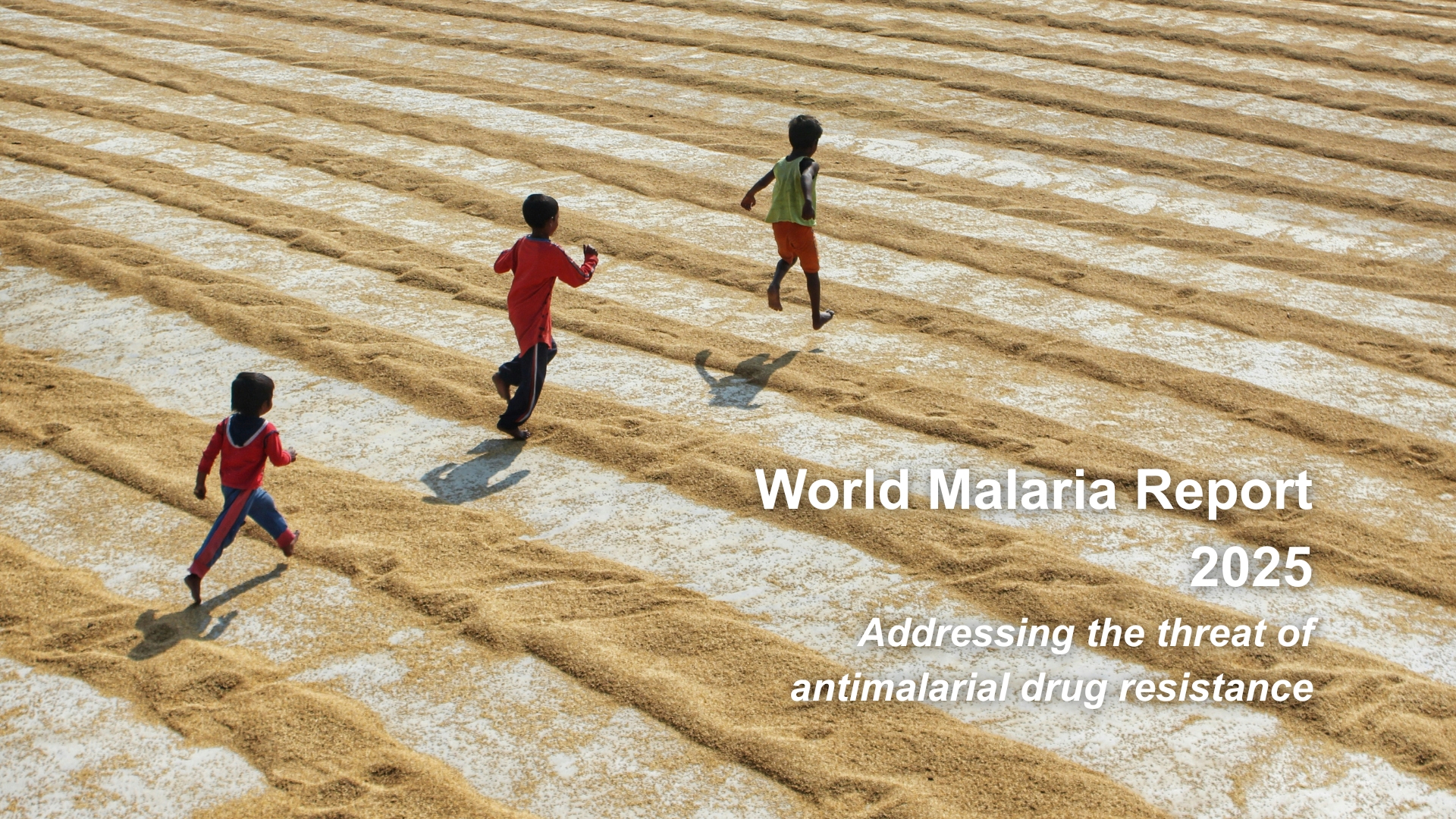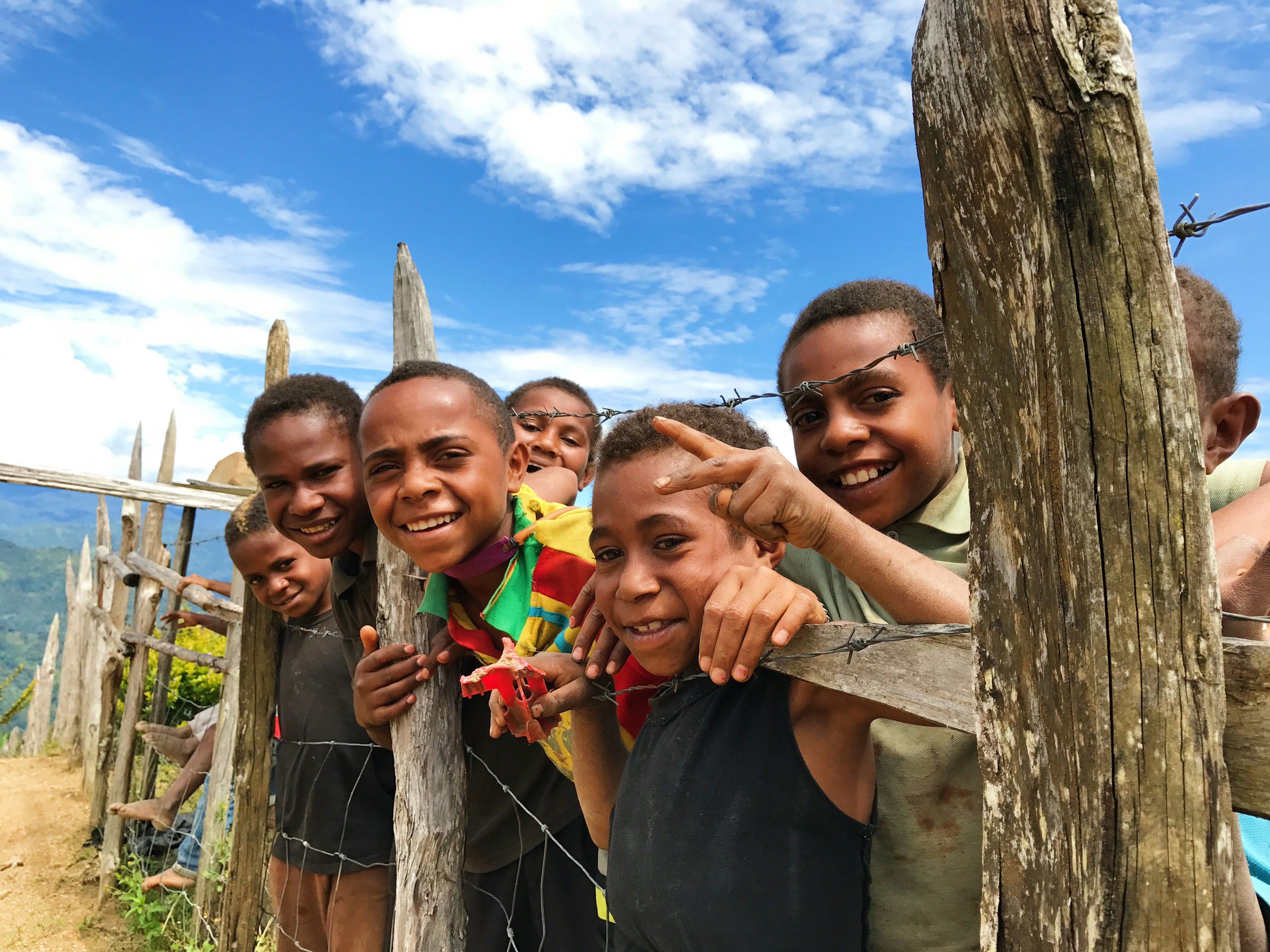
Dear Partners,
On behalf of APLMA, we first and foremost wish you a 2023 filled with good health, prosperity, and peace.
As we enter 2023, the pandemic is abating yet the global health landscape remains altered beyond what we could have ever anticipated. The battle for attention and resources to finish our malaria journey remains challenging as ever. But I remain filled with optimism -- for we need only look at partners big and small, from countries to communities, to see that the commitment to malaria and global health equity at large has not waned.
Last year alone, we saw an impressive demonstration of leadership and commitment across our region and the globe in support of the Global Fund’s 7th Replenishment. Countries also largely held the line against malaria despite the continued spectre of COVID-19, as revealed by the WHO’s World Malaria Report. At the same time, as in-person meetings and high-level engagements with countries and malaria programs recommenced, we have seen positive steps and progress at national and sub-national levels in so many countries; a testament to the resilience and resolve in Asia Pacific.
Although our region remains a model of strength and progress, we must remain vigilant and steadfast given the complexity of reaching the last mile. Massive flooding in Pakistan, political instability in Myanmar, and the spread of P. vivax in many parts of the region place decades of gains against malaria in a precarious position.
But recent progress -- be it in the hamlets of PNG, India, Indonesia, or Timor-Leste – shows that Asia Pacific’s path remains, as the Lancet Commission said in 2019, “ambitious, achievable and necessary”. Strengthened cross-border efforts will be necessary to ensure the success of our regions near elimination countries. Further research and investment will also be needed to not only address the issue of P. vivax and P. knowlesi but to deploy existing and new innovations. We must additionally build up capacities in surveillance and operational management to tackle increasingly diverse and localised challenges. Until total malaria elimination is achieved, we must ensure sufficient resources for malaria programs while finding creative solutions to efficiently integrate malaria into health systems strengthening.
Leveraging regional and global convenings – G7 in Japan, G20 in India to the East Asia Summit in Indonesia – to sustain momentum and political leadership will be fundamental. We will be hosting the Leaders’ Conclave on Malaria Elimination in India in April.
We have the tools we need to end this disease, but it is a marathon not a sprint. And it is a race we run with our figurative hands linked. I am reminded by the following quote:
Alone a youth runs fast, with an elder slow, but together they go far.
We remain steadfast in our effort to support this alliance of partners across Asia Pacific – from those who have achieved elimination to those who have a long road ahead -- to end the world’s oldest pandemic by sharing tools, resources, and knowledge across borders to benefit the region and the globe.
Looking forward to a productive 2023 rich with collaboration and progress with our malaria community.
Dr Sarthak Das, DrPH
CEO, Asia Pacific Leaders Malaria Alliance
January 2023 APLMA Partners' Update
Asia Pacific Remains Vigilant Against Malaria While Increasing Elimination Efforts to Address Gaps in High-Burden Countries
The World Health Organization’s annual World Malaria Report 2022, shows countries held the line against malaria, avoiding the worst-case scenario although still seeing a modest increase in cases in 2021 across the globe and within the Asia Pacific region. (Read more)

Watch: Can Asia Pacific Defeat Malaria?
APLMA’s CEO Dr Sarthak Das shares his outlook on malaria in Asia Pacific CNA’s Asia Now (Read more)

Malaria Elimination for All: A Policy Guide
The intersections of malaria and wider policy challenges across sectors could impede or reverse elimination efforts. APLMA worked with international partners to develop a policy guide addressing some of these many challenges. (Read more)

ASTMH 2022: Overcoming Neglected Challenges in Malaria Elimination to Reach the Last-Mile
The last mile of malaria elimination may be the hardest milestone to cross and will require taking a hard look at intersectional challenges which have previously been neglected. (Read more)

Singapore returns and India increases commitments to the Global Fund
The Global Fund’s Seventh Replenishment reached over $15.7 billion, with additional commitments from the UK, Italy, Thailand, India, and Singapore.

Malaria Elimination News & Publications
- WHO: World Malaria Report 2022
- The National (PNG): Inroads in Fighting Malaria
- The Jakarta Post: First-time donor RI gives a boost to global AIDS, TB and malaria elimination
- The Lancet: Human security and universal health coverage: Japan's vision for the G7 Hiroshima Summit
- The Telegraph: Last man standing: why the malaria parasite may be getting tougher all the time
- Radio Free Asia: Malaria cases on the rise along Thai-Burma border, health officials say
- BioMed Central: How long is the last mile? Evaluating successful malaria elimination trajectories
Upcoming Malaria Events in Asia Pacific
- 15-17 Feb: 15th Conference on Vectors and Vector Borne Diseases, Goa, India
- 9-10 Mar: 21st Meeting of the RAI Regional Steering Committee, Vientiane, Lao PDR
- 24-25 April: Leaders' Conclave on Malaria Elimination, New Delhi, India
- 13-14 May: G7 Health Ministers' Meeting, Nagasaki, Japan
- 25-26 May: The Global Malaria Congress, Melbourne, Australia
- 30-31 Jul: Civil20, Jaipur, India
.svg)


.jpg)



.jpg)


